No one likes to imagine the worst, but having a solid emergency plan is one of the best ways to protect your loved ones when the unexpected happens. Whether it’s a natural disaster, a power outage, or something more personal like a job loss, a good plan gives you confidence and clarity when stress is high. But even the best-laid plans need regular reviewing, especially if your situation or the risks around you have changed. How do you know if your plan is still up to scratch?
Here are 15 signs that it might be time to revisit and refine your emergency strategy.
1. You Haven’t Updated It in Over a Year

Emergency plans aren’t “set it and forget it” projects. If it’s been more than a year since you looked at yours, it’s time to update it. Things change—kids grow up, you move, or new risks like weather patterns emerge. A yearly review ensures your plan stays relevant.
2. Your Contact Information Is Outdated
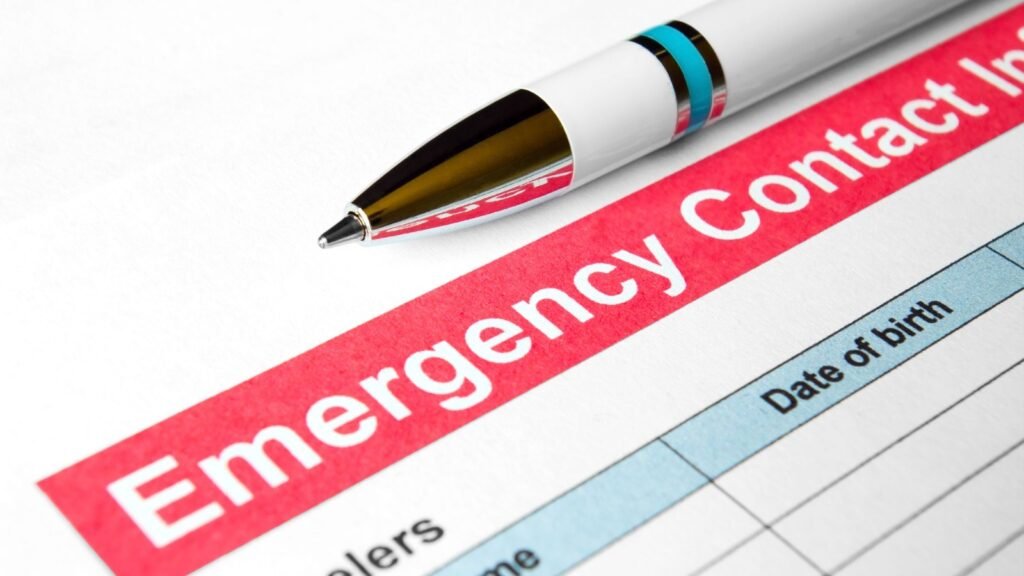
If your emergency contacts have changed their phone numbers or addresses, your plan could fail in a crisis. Double-check that everyone on your contact list can still be reached quickly. Update email addresses and alternative communication methods too.
3. You Don’t Have an Evacuation Route
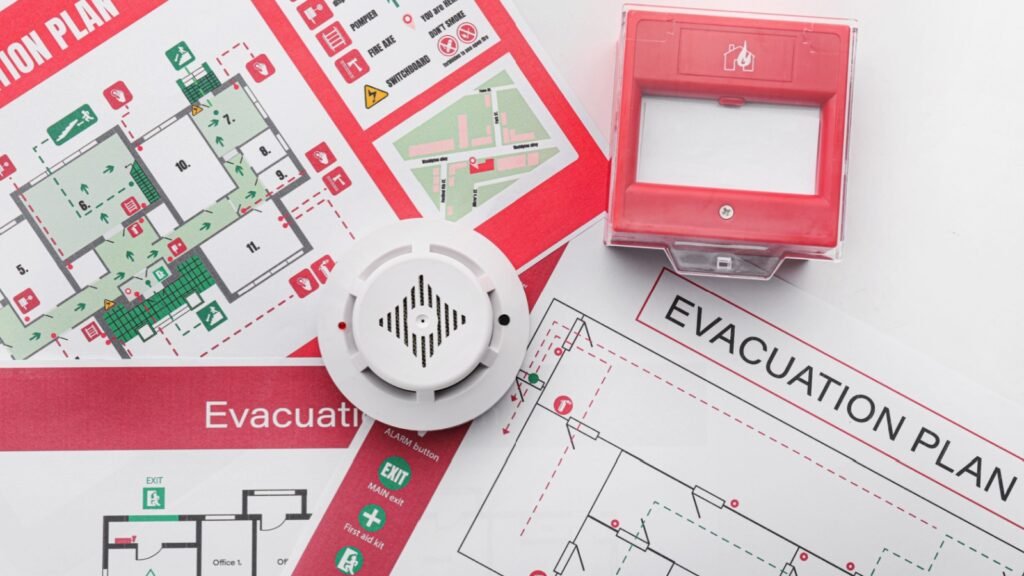
A clear evacuation route is vital in disasters like fires or floods. If you don’t have a route mapped out, or if construction or other changes make your old route unreliable, it’s time to plan a new one. Make sure all household members know it by heart.
4. Your Supplies Are Expired or Missing

Emergency kits need regular maintenance. Check for expired food, medications, and batteries. Missing items—like a flashlight that somehow got “borrowed” for camping—can make a stressful situation worse. Restock everything as needed.
5. Your Family Doesn’t Know the Plan

Even the best emergency plan won’t work if your family doesn’t know about it. If you’ve never discussed or practiced your plan, it’s time to sit down and go over the steps with everyone in your household.
6. You Haven’t Accounted for Pets

Pets are family too, and they need to be part of your emergency plan. If you haven’t prepared food, carriers, or a safe evacuation plan for your furry friends, they could be left vulnerable during a crisis.
7. You Don’t Have Backup Power Options
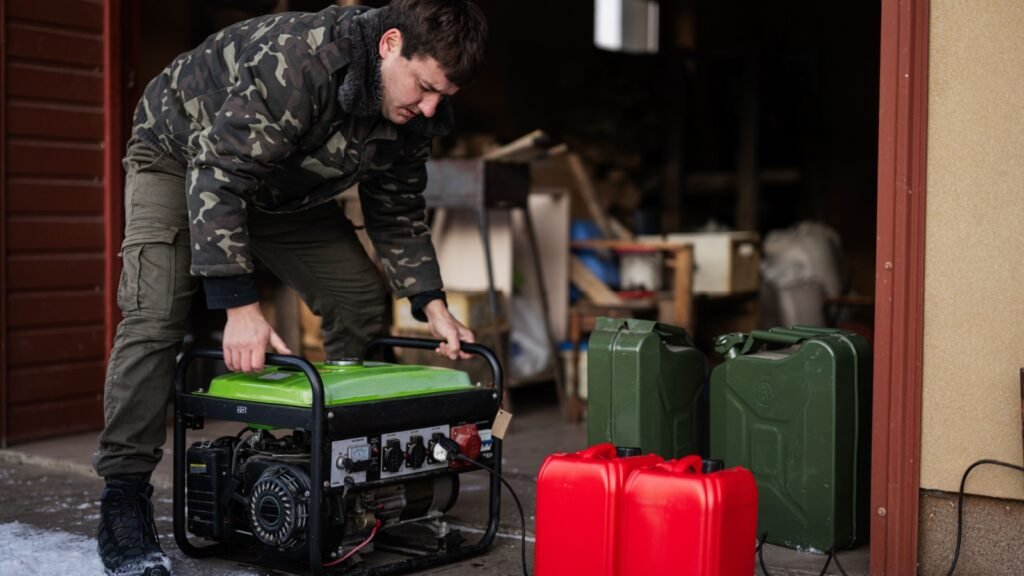
Power outages are common during emergencies. If you don’t have a backup like a generator, solar charger, or even a stash of batteries, you’re at risk of losing communication or vital resources. Consider adding this to your plan.
8. Your Neighborhood Has New Risks
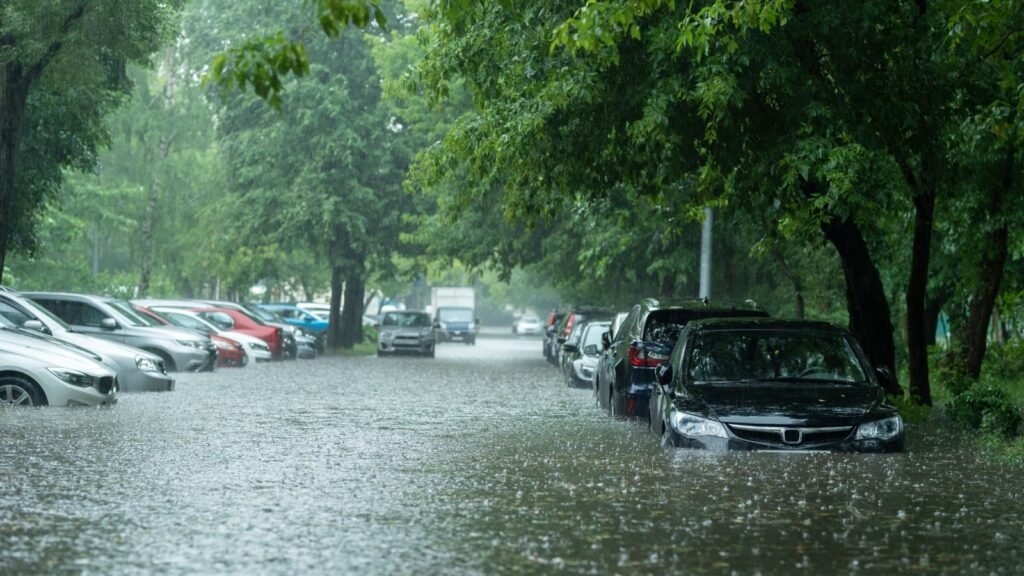
If your area has experienced new hazards—like increased flooding or crime—it’s a sign to reassess your plan. Changes in your community can impact evacuation routes, resource availability, and safety precautions.
9. You Haven’t Practiced It
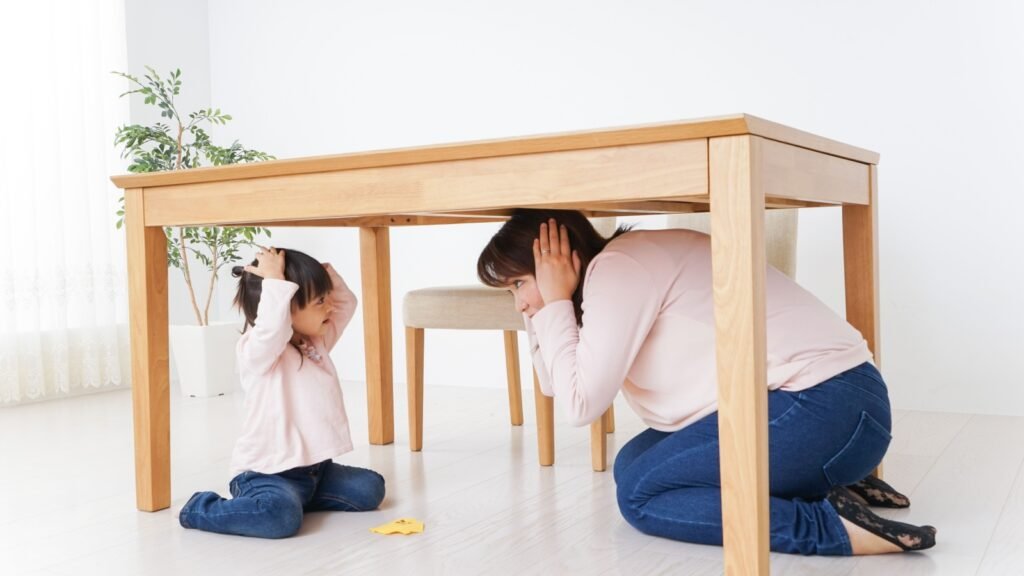
A plan is only as good as your ability to follow it. If you haven’t practiced fire drills, evacuation procedures, or communication protocols, you won’t know if they actually work. Regular practice helps identify weak spots and builds confidence.
10. You Don’t Have Digital Backups
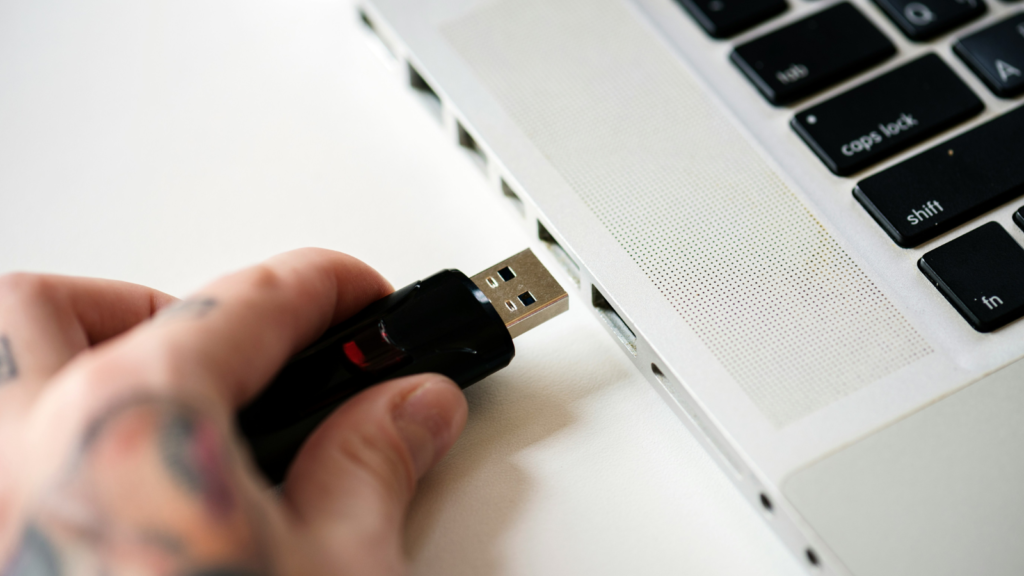
Important documents like IDs, insurance policies, and medical records should be backed up digitally. If your plan doesn’t include copies on a secure USB drive or cloud service, you risk losing access to essential information when you need it most.
11. Your Health Needs Have Changed

If anyone in your household has developed new medical conditions or needs, your plan should reflect that. This includes adding medications, medical devices, or updated contact information for healthcare providers.
12. You’re Relying on a Single Location
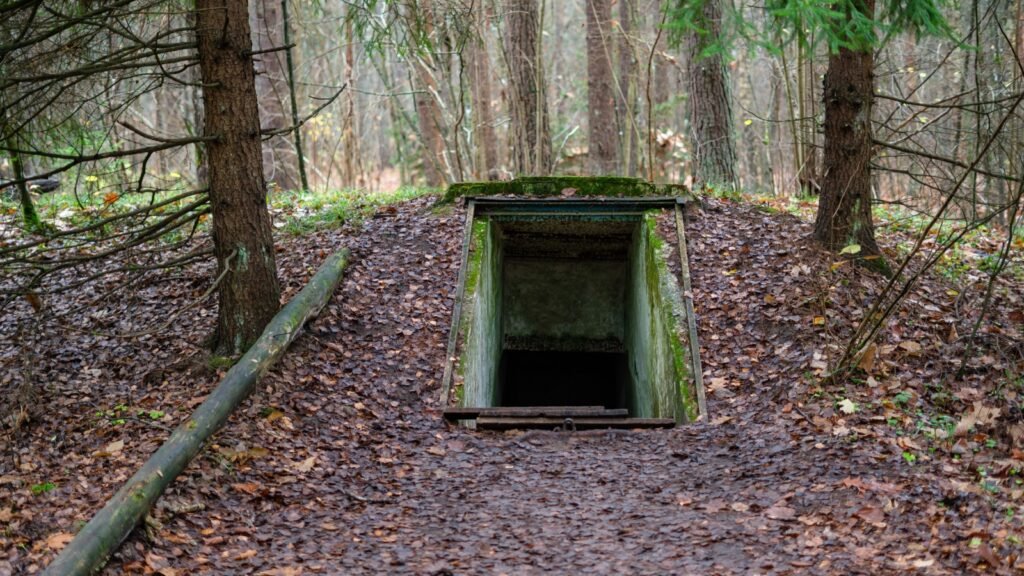
Depending on just one meeting place or shelter can be risky. If that spot becomes inaccessible, you need alternatives. Your plan should include backup options for shelter and rendezvous points.
13. Your Communication Plan Is Weak

Emergencies often disrupt normal communication channels. If your plan doesn’t include alternative methods like two-way radios or a pre-determined meeting point, it’s time to strengthen it.
14. You Don’t Have Enough Water Stored

Water is a non-negotiable survival need. If your plan includes less than a gallon per person per day for at least three days, you’re underprepared. Consider increasing your water storage or adding purification methods to your kit.
15. You Feel Uncertain About Your Plan

If thinking about your emergency plan makes you feel unsure or unprepared, trust that instinct. A strong plan gives you peace of mind, not doubt. Revisit it, add missing pieces, and rehearse it until you feel confident again.

